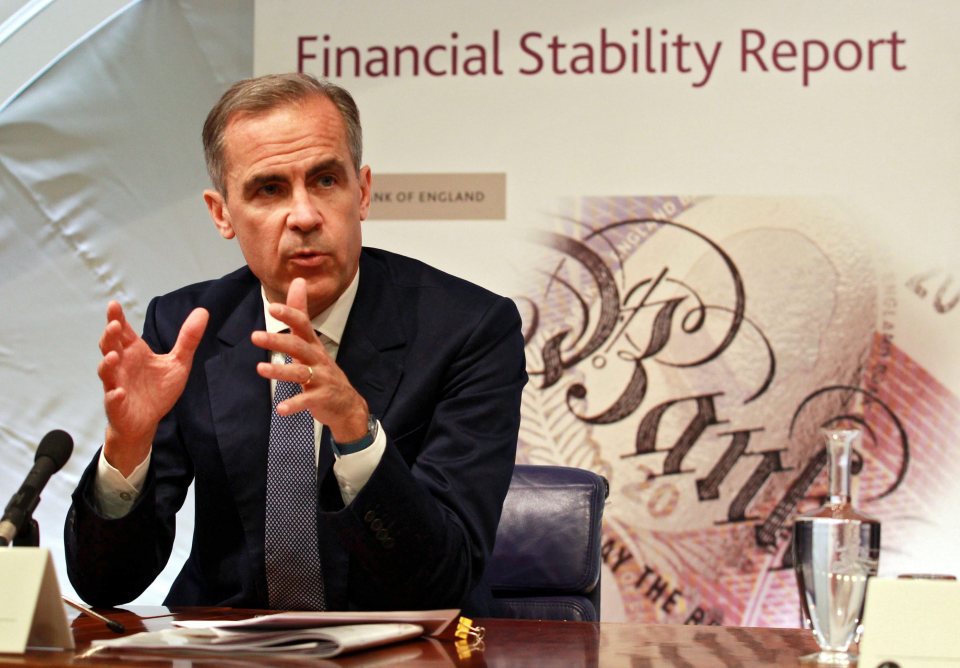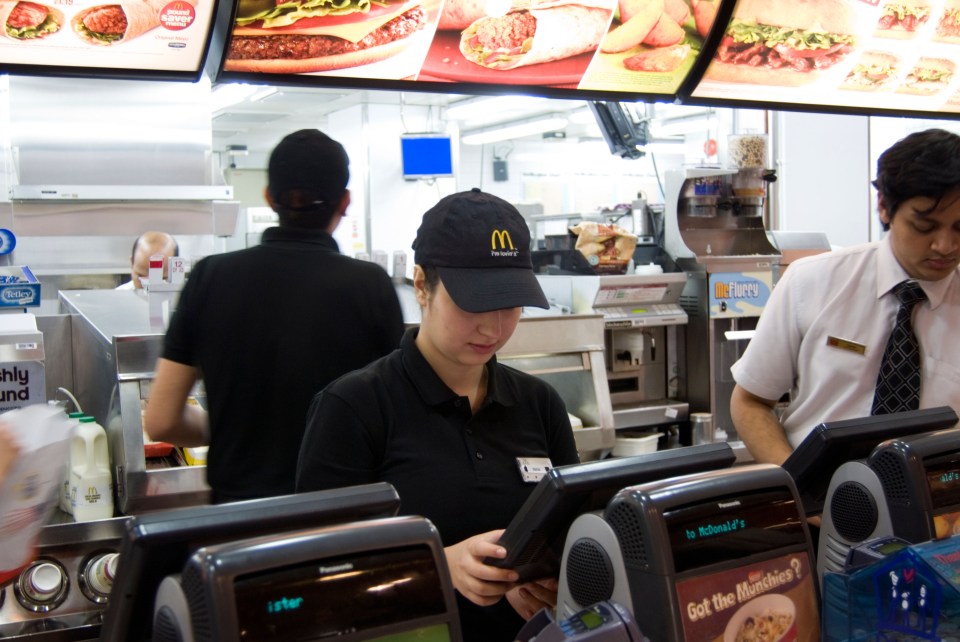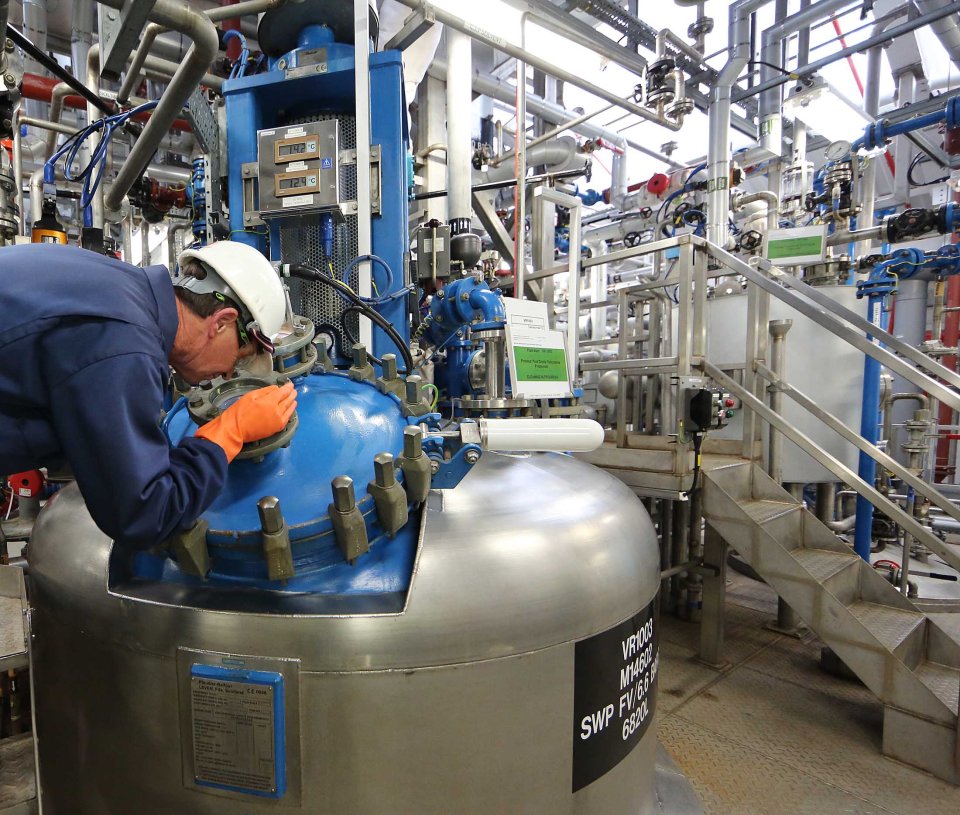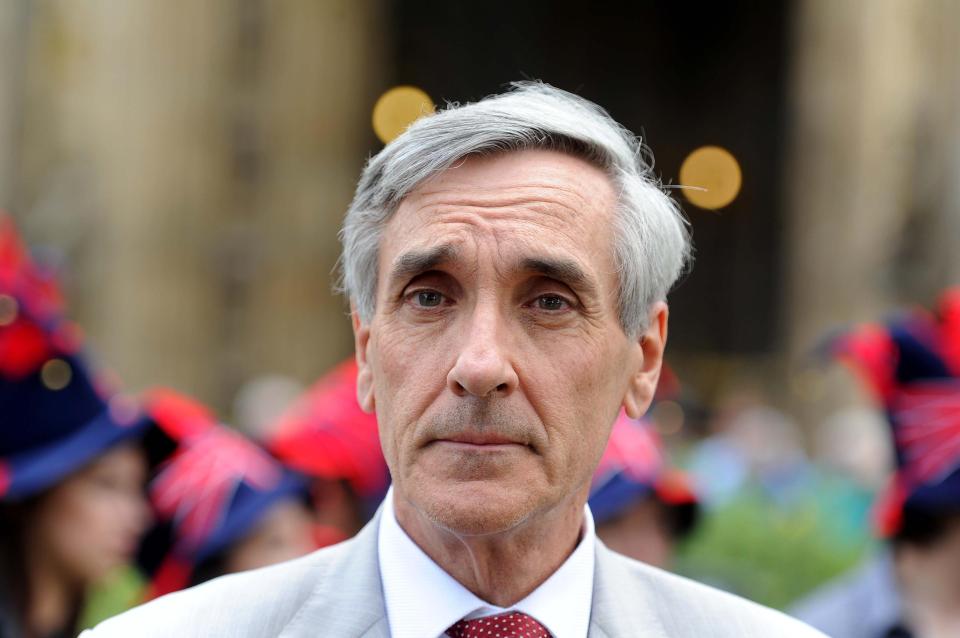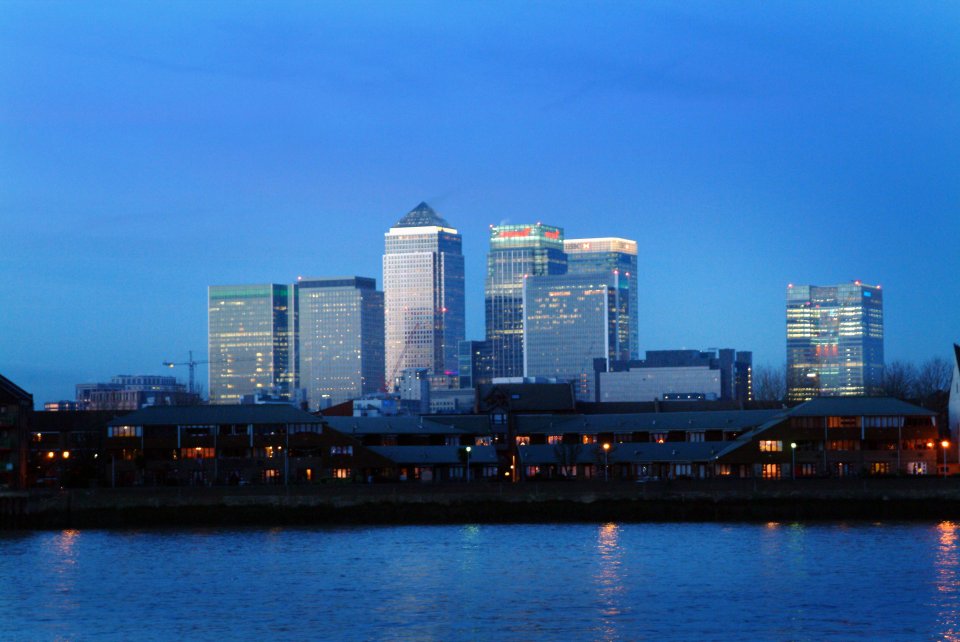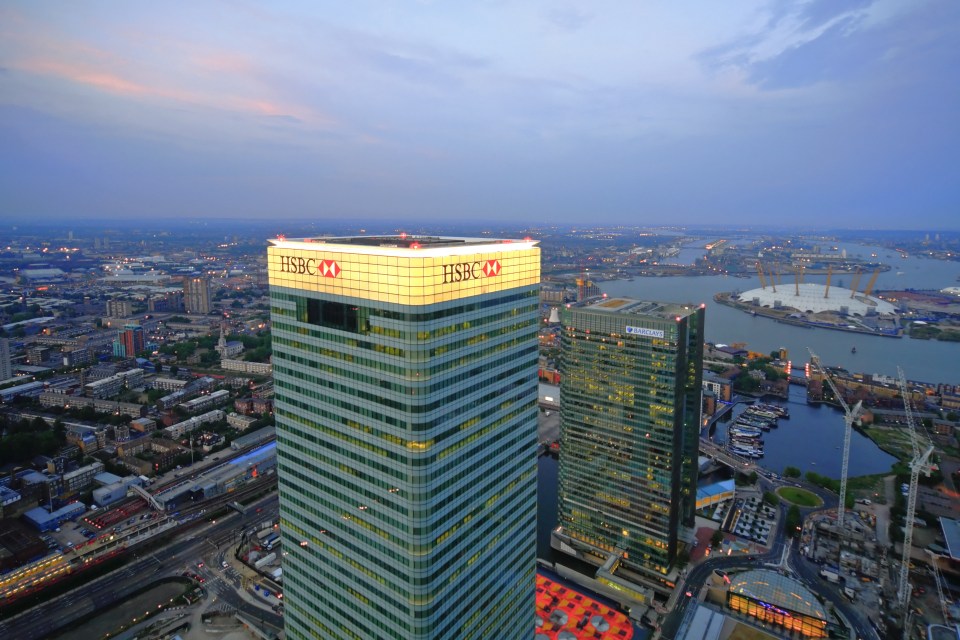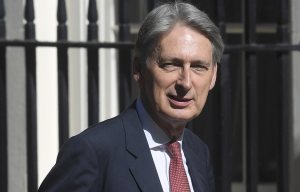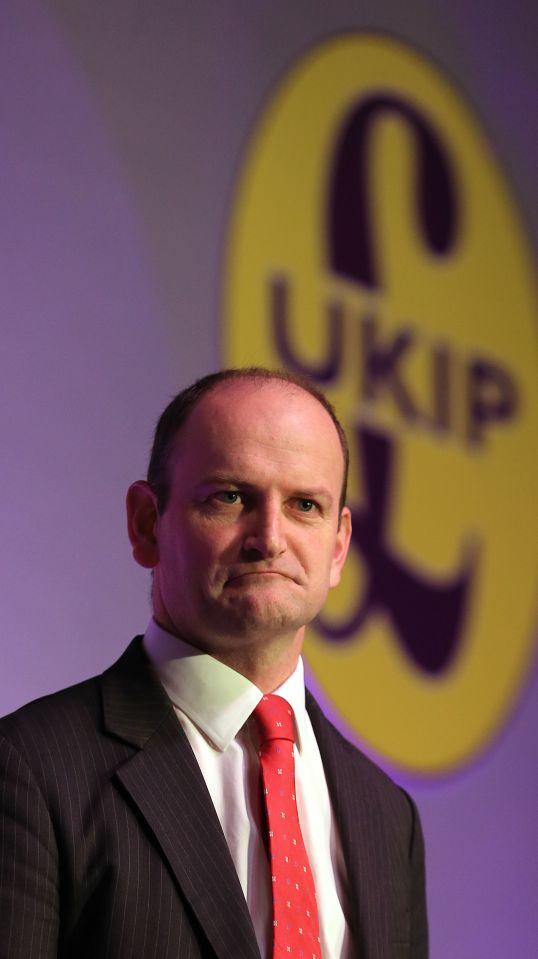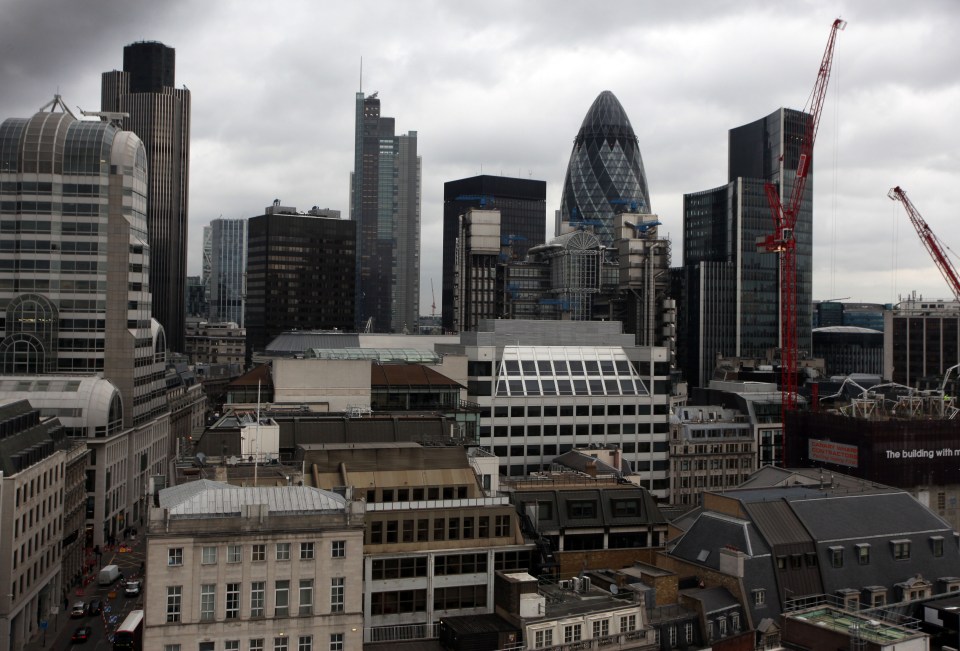Project Fear continues as economists issue doom-laden post-Brexit forecasts despite good news from businesses
Reports released today do not mention how companies are spending millions investing in staying in Britain
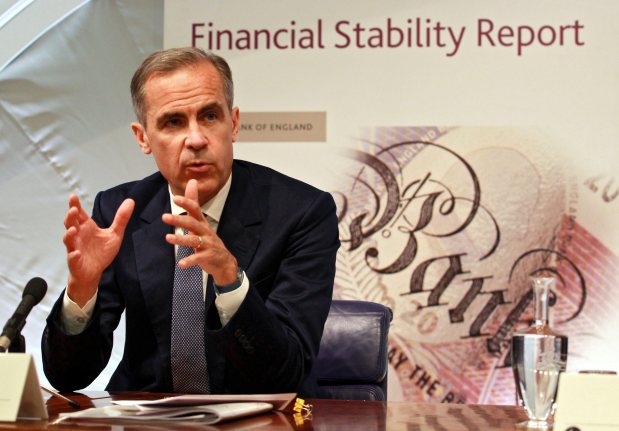
DOOM-LADEN post-Brexit forecasts from economists have been blasted by Leave campaigners who are calling for them to actually focus on what is happening in business.
Since Britain voted on June 23 to leave the European Union major companies including McDonald’s and Boeing and drug makers GlaxoSmithKline and AstraZeneca have announced plans to increase investment and create more jobs.
Two of the world’s biggest banks, HSBC and Barclays, have said they will stay in Britain because they say London is still the centre of the financial world.
And there is speculation a post-Brexit recession may be avoided following the news that the UK economy grew by 0.6% before the referendum vote.
Despite this, in a document published today the Ernst and Young Item Club slashes its growth projections for this year from 2.6% to 1.9%.
And for 2017 it predicts the growth rate will fall from 2.3% to 0.4%.
The report from the economic forecasting group, which is sponsored by Ernst and Young, is also predicting unemployment will rise from its 11-year-low of 4.9% to 7%.
This would put around 750,000 people out of work.
Item also warns lending to businesses will fall by almost 2% next year and 1% in 2018 and mortgage lending is also likely to be hit.
It says the financial services sector is facing a period of ‘market uncertainty’.
But Omar Ali, from Ernst and Young, said it is important to not blow the impact of this uncertainty out of proportion.
He said: “We had hoped 2016 would be the year that total lending recovered to pre-crisis levels, but with the revised economic outlook, this looks unlikely.
“Whilst banks are still willing to lend, there is a strong sense of ‘wait and see’ from business and consumers.
“The impact of this shouldn’t be blown out of proportion – mortgages and consumer credit are still forecast to grow, albeit slower than before, and business lending is going to shrink slightly.
“The industry is in a good place to see through this ‘holding pattern’ period.”
A separate report by the Institute of Chartered Accountants in England and Wales which is also being released today warns business confidence ‘fell drastically’ after the referendum.
It predicts the economy will grow by just 0.1 per cent in the third quarter, following the higher than expected growth of 0.6 per cent in the second.
But the report adds confidence “is now starting to recover” after the initial shock of the vote in the financial markets.
Stephen Ibbotson of the Institute said: ‘Time will help rebuild confidence.’
On Thursday the Bank of England is expected to cut interest rates for the first time in seven years, from 0.5% to 0.25%, to keep the economy on track.
The bank’s governor Mark Carney has previously warned Britain “has entered a period of uncertainty”.
But Tory MP John Redwood urged the Bank to “distinguish between a few surveys in the heat of the moment and the reality of what is going on in the shops, estate agents and factories”.
He told : “I’m fed up people talking [Britain] down with no hard evidence.”
Brexit-backer John Longworth quit his job as the head of the British Chambers of Commerce in the spring over David Cameron’s Project Fear scare stories aimed at keeping Britain in the EU.
And Mr Longworth, who had pointed to signs such as low borrowing costs outside the bloc being a good thing for Britain, said: “Why are they continuing to make these gloomy predictions?”
David Buik, an analyst at stock broker Panmure Gordon, said there were signs “life outside the EU’s vice-like grip offers not only hope but opportunity”.
Ukip MP Douglas Carswell said it was “absurd” that the vote would cause a downturn.


